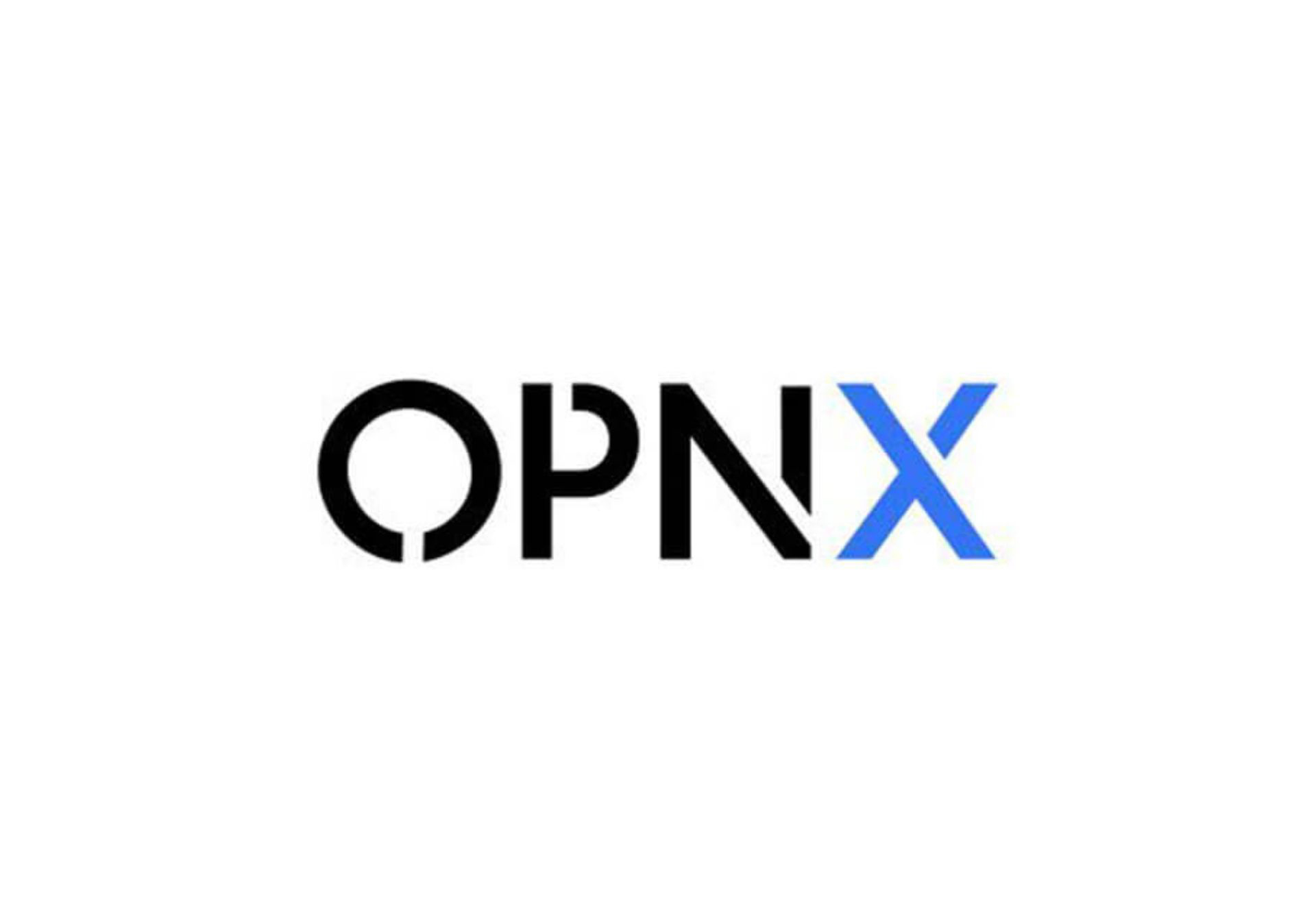The newly introduced “credit currency” will empower users to leverage their cryptocurrencies as collateral, eliminating the need for loans from external entities.
Crypto futures exchange OPNX has rolled out a new credit currency specifically designed for margin trading, stated Mark Lamb, co-founder of the exchange, in a declaration on July 5 to Cointelegraph. The currency, dubbed “oUSD,” is currently in its “phase 1” implementation, implying users cannot acquire it without depositing cryptocurrency assets into the exchange.
Looking forward, a “phase 2” version is planned, where oUSD will be made accessible to those users who deposit cryptocurrency into on-chain contracts. This could potentially provide “bankruptcy remoteness,” according to Lamb.
As per the currency’s litepaper, oUSD addresses three distinct issues. Firstly, lenders are hesitant to entrust platforms with cash loans backed by crypto collateral. Secondly, exchanges and lending platforms are reluctant to lend cash to margin traders, a practice which triggered several bankruptcies amidst the 2022 bear market. Lastly, crypto derivatives traders are eager for “portfolio margin”, i.e., the flexibility to borrow and trade based on their crypto holdings rather than stablecoin holdings.
To counter these issues, oUSD is designed as a “credit currency”. It can be bought at a 1-to-1 ratio with Tether USDT $1.00, or used to compute profit and loss when users employ Bitcoin BTC $30,466, Ether ETH $1,911, or other cryptocurrencies as collateral. Users possessing a negative oUSD balance are required to pay an interest rate set by the holders of the platform’s native token, OX. Users with a positive balance can cash out by redeeming it for USDT.
In an interview with Cointelegraph, Lamb posited that users would eventually have the opportunity to procure oUSD by staking cryptocurrency within smart contracts beyond the platform. This would confer upon them bankruptcy remoteness, shielding them from potential insolvency of the exchange.
Lamb highlighted the issue with most exchanges and the comprehensive role they play, “you’re the broker, the exchange, the ATS, the reporting agent, you’re every leg in the financial interaction”. He proposed that by transferring that custodial role on-chain, a system where users can have proven solvency would be created, guaranteeing the safety of their collateral and providing bankruptcy remoteness, thereby allowing users to trade on a more secure exchange.
OPNX has drawn controversy since its creation, largely due to its co-founders, Kyle Davies and Su Zhu, who were also the co-founders of the failed hedge fund Three Arrows Capital. The backlash against the exchange has been significant, with its CEO, Leslie Lamb, chastising investors for allegedly misleading the public by distancing themselves from it.
In response to a query about the criticism, Lamb suggested that the missteps made by Davies and Zhu have contributed to making OPNX a superior exchange. He acknowledged their past challenges but emphasized their resilience, stating, “they lost the majority of their net worth, but they are building back, and that’s what I am doing as well, and that’s what everyone should do, […] is just build back.”

